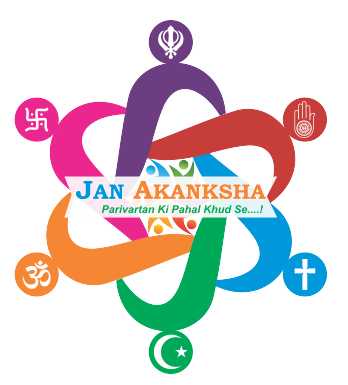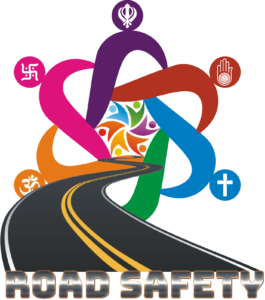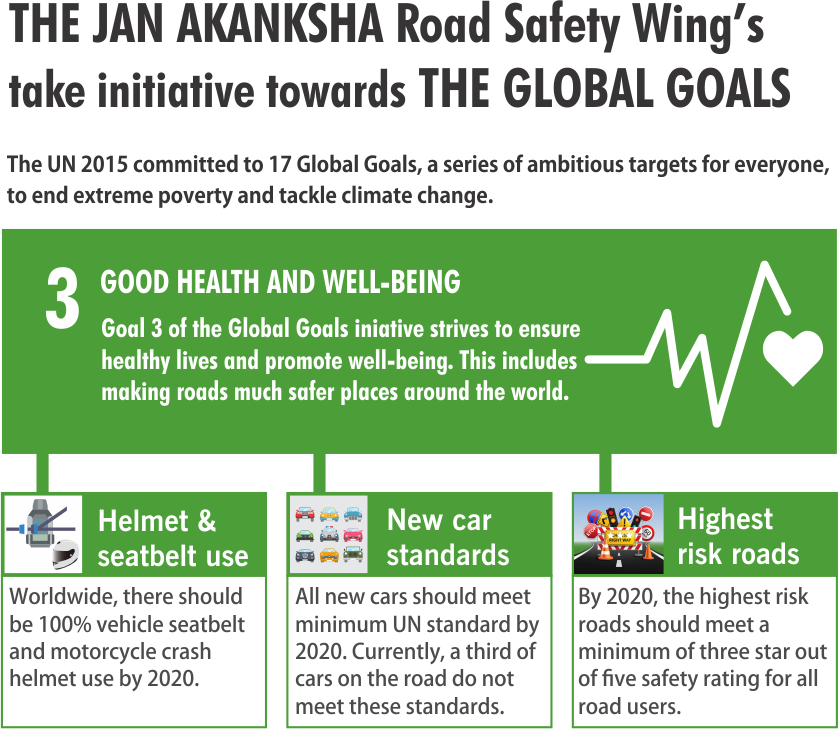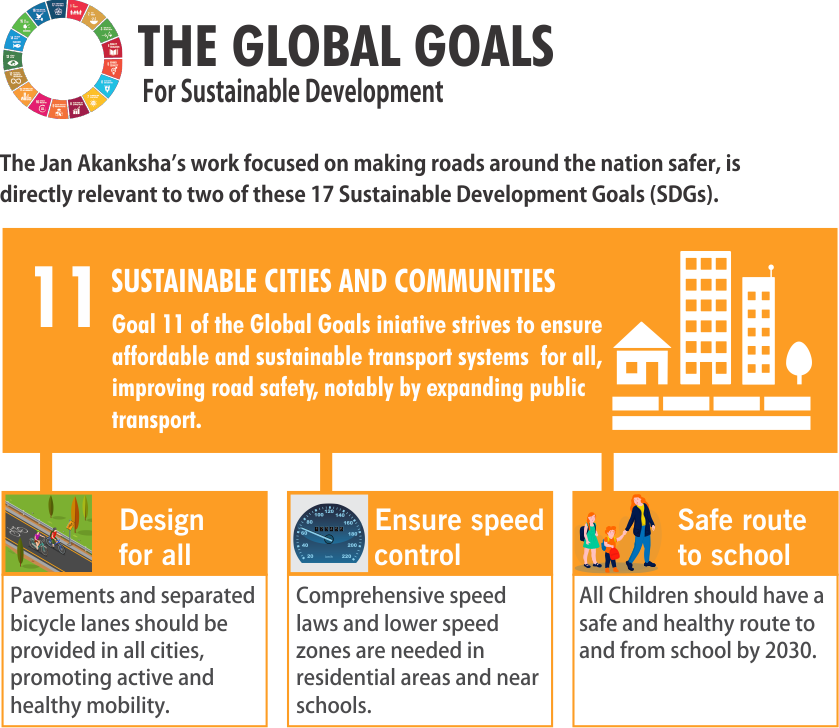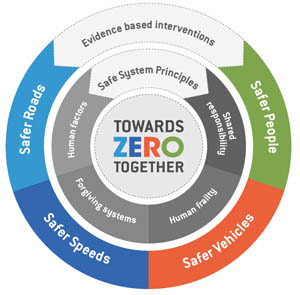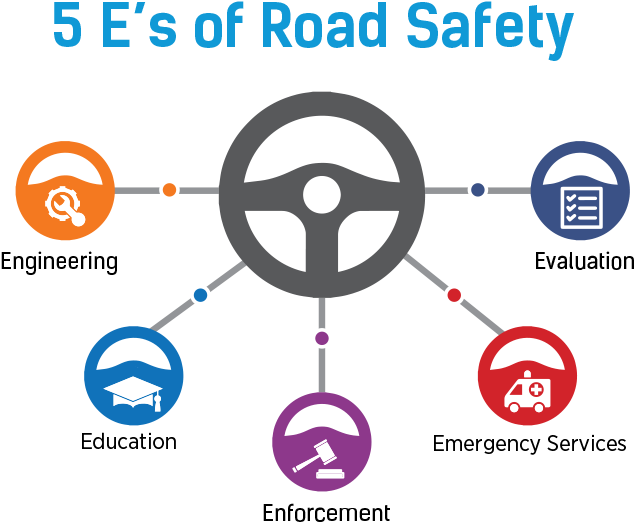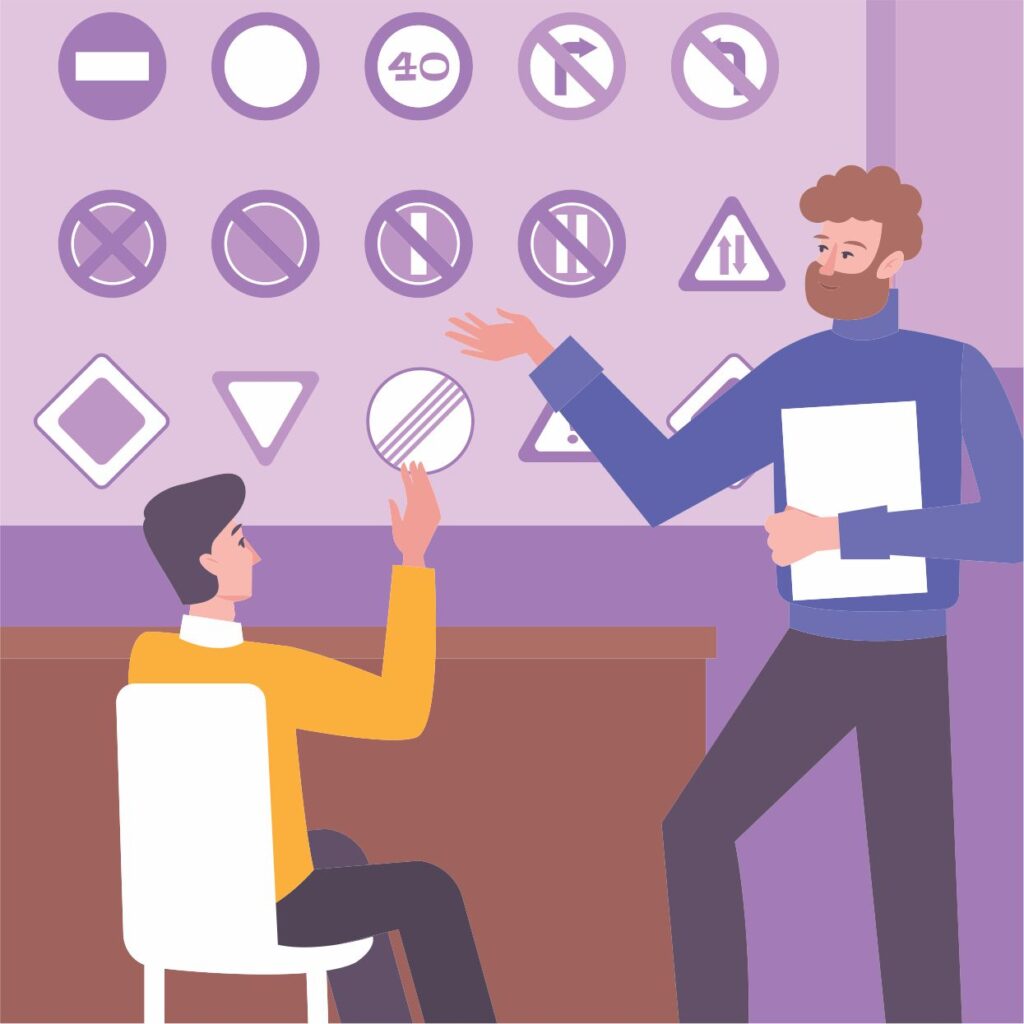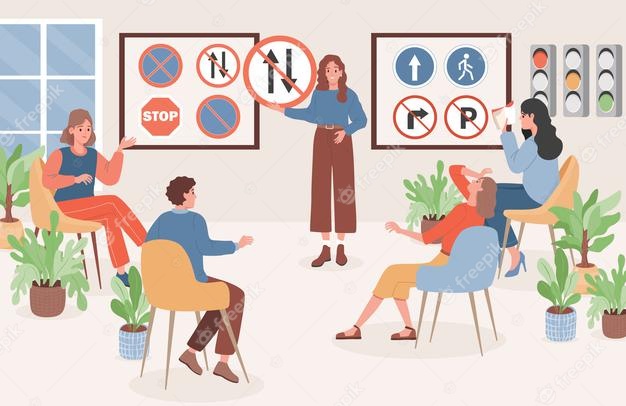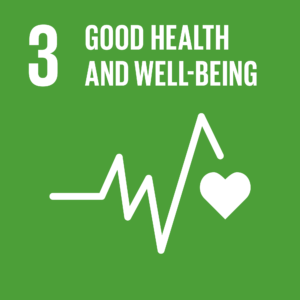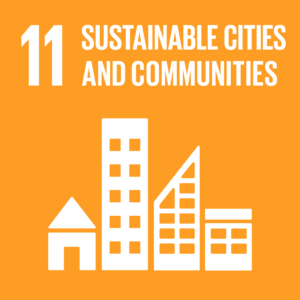The statistics reveals that majority of accidents due to the fault of the drivers irrespective of the reasons. The experts always suggest and insist on the health and driving conditions of drivers of any kind of vehicle. Due to the increases in transport volume and in work pressure, and also because of general behavioral changes, the demands on drivers of goods and transport vehicles are now much more complex and pressing than in the past. In the short to medium term, substitution of road transport on a significant scale by other modes is not envisaged.
In order to provide a new stimulus for further reducing the number of road accidents, Jan Akanksha Road Safety Wing (JARSW) took the initiative of promoting the wider implementation of the principles of Behavior Based Safety (BBS) in the safe driving of vehicles. Corporate companies, official Road Transport Agencies will have internal training establishments to address these issues. It is also equally necessary for the unorganized segment like small transport companies, travel agencies etc., to ensure the safe driving culture and JARSW proposes to take up this task for the benefit of the drivers of MMV and HMV belong this segment in the state.
BBS is a program that aims at increasing road safety by positively influencing the behavior of drivers through observation, coaching and communication. The BBS program targets all private road transport companies, travel agencies particularly in the unorganized sector. It is not intended to be a one off exercise, but it should rather become a continuous effort by every individual transport company/agency.
It is expected that this program will not only improve safety performance but will also have a positive effect on fuel consumption and other related costs such as maintenance costs and insurance premiums. Ultimately it will improve the total driving conditions and ensures the road safety.

